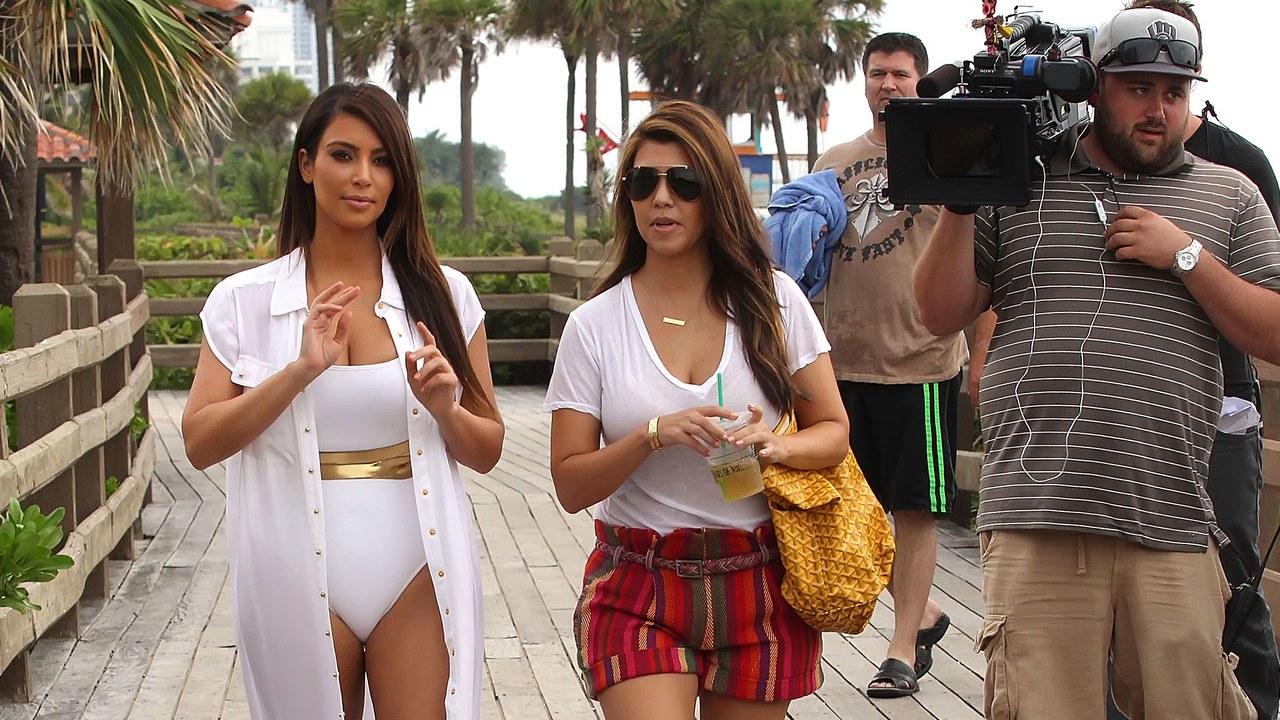This Decade Was a Golden Age for Reality TV

Heidi Montag and Spencer Pratt were so universally disliked in the mid-aughts that Chelsea Handler referred to them as “Herpes 1 and 2” on her late-night talk show. The platinum blond villains of Lauren Conrad’s The Hills were the poster children, of sorts, for society’s overall perception of reality TV back then: that it was shallow, unintelligent, and stacked with fame-hungry ego-maniacs who didn’t have talent so much as they had tenacity.
With their penchant for attracting the paparazzi, stars like Montag, Pratt, Paris Hilton, and Kim Kardashian spun straw into gold—earning checks by appearing in nightclubs, pushing products, and releasing heavily Auto-Tuned music. They were, quite frankly, our culture’s first major reality TV stars, and they paved the way for the shows of the 2010s. But their pursuits, no matter how successful, were mocked. Reality TV, and the players who inhabited it, were labeled “guilty pleasures”—not something to be taken seriously or discussed without some level of embarrassment. Please see: The time Pink released a whole song in 2006 dedicated to dissing stars like Hilton and Jessica Simpson. Its name? “Stupid Girls.”
The tides turned in the 2010s, though, especially in the latter half. After the 2016 election, and all the feelings of apocalyptic dread that came with it, entertainment became less focused on prestige and more about finding joy wherever you could. The romantic comedy experienced a resurgence on Netflix. Holiday movies on Hallmark and Lifetime were consumed in mass quantities. People took off work to stay home and watch Meghan Markle and Prince Harry’s wedding. Deflection and distraction was suddenly the name of the game.
